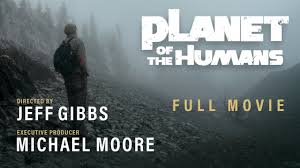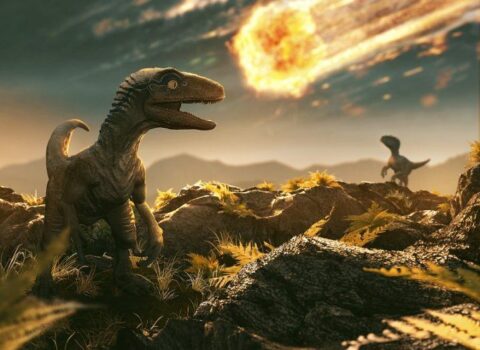
[This article, written by Alan Urban for the website okdoomer.io is an updated mirror image of the arguments I made in my 2009 book Brace for Impact. Not many people agree, so I wanted you to see it.]
That’s right. Our entire global industrial civilization is going to collapse. And soon, which means within the lifetimes of most people alive today.
I realize this is quite the claim, and a pretty terrifying one if you’re under 50 or so. In this article, I will list 10 problems the world is facing, each of which could cause the collapse of civilization all on its own. Which means, if even one of these problems isn’t solved, our civilization is doomed.
Before I continue, let me explain what I mean by “collapse.” First of all, it doesn’t necessarily mean that humans will go extinct. While that is certainly a plausible scenario given the many existential threats we are facing, I still believe it is unlikely. Small groups of humans survived in very difficult conditions for tens of thousands of years.
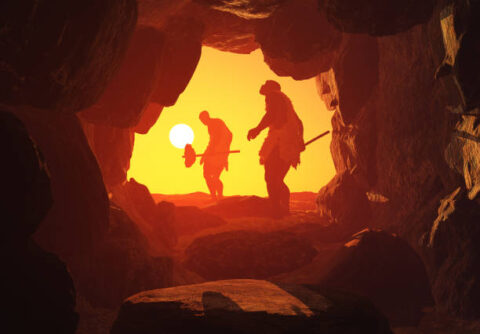
 Palliative care, as I understand it, is given to a patient when doctors have given up on finding a cure, or even reversing the progression of the patient’s disease. The purpose of palliative care is to keep the patient as comfortable as possible, by treating the symptoms, while he is circling the drain. No doctor will ever explain it this way, but that is how I understand it.
Palliative care, as I understand it, is given to a patient when doctors have given up on finding a cure, or even reversing the progression of the patient’s disease. The purpose of palliative care is to keep the patient as comfortable as possible, by treating the symptoms, while he is circling the drain. No doctor will ever explain it this way, but that is how I understand it.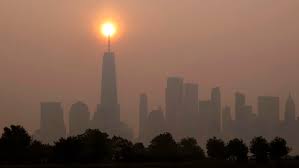

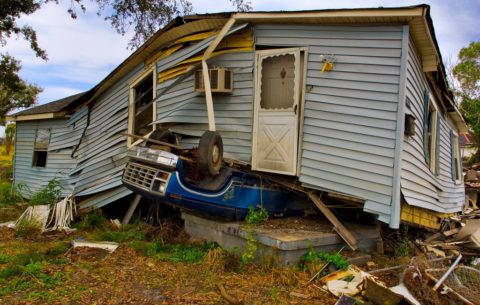 During the final three decades of the 20th Century, the world experienced at most 100 major disasters — both natural and industrial — every year, with annual damages averaging $70 billion. During the most recent two decades, the world has been afflicted with
During the final three decades of the 20th Century, the world experienced at most 100 major disasters — both natural and industrial — every year, with annual damages averaging $70 billion. During the most recent two decades, the world has been afflicted with 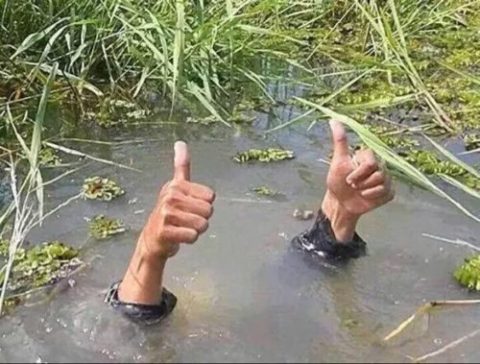 The idea of an impending American collapse is enjoying a better class of friends these days. Long relegated to the low-income housing of blogs like
The idea of an impending American collapse is enjoying a better class of friends these days. Long relegated to the low-income housing of blogs like 